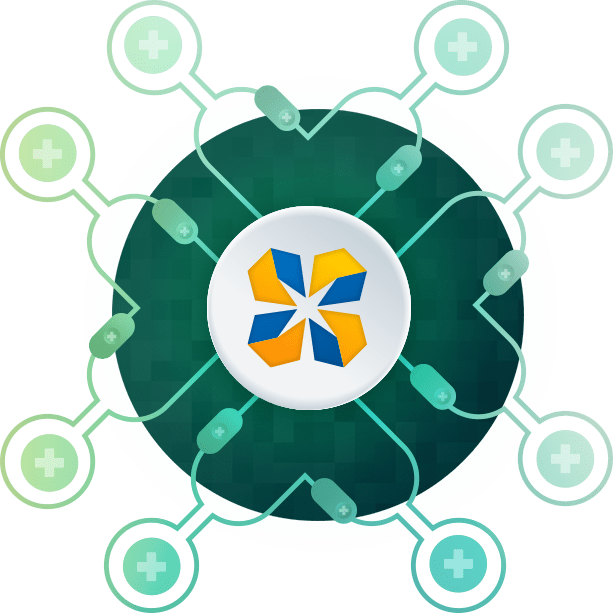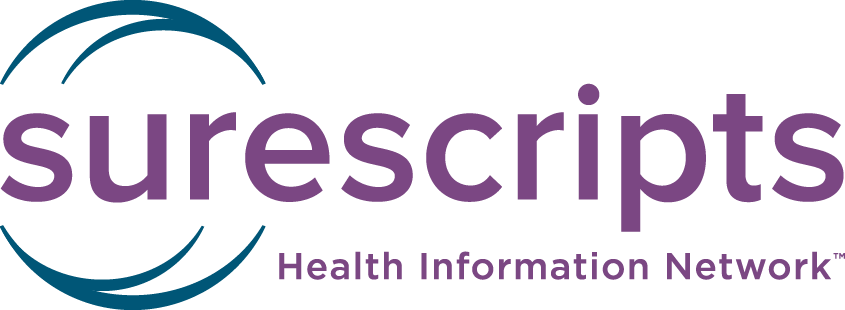Questions to ask your QHIN or other TEFCA connector
Nationwide sharing of health information is now possible under the Trusted Exchange Framework and Common AgreementSM (TEFCASM). The federally endorsed framework provides access to health data when and where it is needed for informed decisions, efficient care, and better outcomes.
In order to assist providers, payers, health information networks, public health agencies, app developers, and others that want to participate in TEFCA exchange choose the best QHIN or other technology partner for connecting (i.e., TEFCA Participant or Subparticipant), the RCE has assembled a list of important questions to ask potential QHINs or intermediary connectors (note that every connector will need to be a QHIN, Participant or Subparticipant of TEFCA).

Questions to ask your potential QHIN
Are you already conducting production exchange of health data through TEFCA? At what volumes?
What kinds of services do you provide to your participants?
What Exchange Purposes do you support? What is your plan for future Exchange Purposes?
Will information shared through TEFCA exchange be collected (or kept) in your systems?
What are your security protocols?
If I want to participate in your QHIN, what will the onboarding process entail? What legal agreements will I need to sign? Are there any fees?
How will you ensure that your participants are all in compliance with TEFCA requirements? What happens if someone in your network is not compliant?
What secondary purposes of use for data should be expected within the parameters set by the Common Agreement?
How will my organization and others like mine be represented in your governance structure and in the overall TEFCA governance process?

other TEFCA Connectors
Connecting to TEFCA through an alternate source or partner
Some organizations may want to connect to TEFCA through a health information network, electronic health record vendor, payer technology vendor, or other technology partner that is connected to a QHIN. The following questions could help identify the connector that best suits your needs.
Questions to ask potential connectors
The RCE cannot make specific recommendations, but the following questions may help organizations determine how best to connect into TEFCA exchange.
Are you already signed up to participate in TEFCA?
If the answer is yes:
- Which QHIN will you be a part of?
- Which Exchange Purposes will you query and respond for?
- What will the onboarding process look like for me?
- What legal agreements will I need to sign?
- Are there any fees beyond my current agreement?
If the answer is no:
- Do you have plans to participate? By what date?
What secondary purposes of use for data should be expected within the parameters set by the Common Agreement?
Will the information shared via TEFCA be integrated with the other data available through your network?
What supportive services will you provide to facilitate sharing data through TEFCA?
Examples include data transformation, analytic services, integration into workflows, support for Public Health reporting, and technical support.
I already use one or more of your health information solutions (if relevant). Will information shared via TEFCA be integrated with the other information in my system?
Learn how individuals can benefit from TEFCA
Individuals seeking to access their own information through TEFCA will realize the benefits of TEFCA exchange as well. TEFCA exchange reduces the burden many patients experience as they navigate the health care system by reducing patient portal log-ins and enabling doctors and other caregivers to access a patient’s health information when it’s needed.

The Designated QHINs have been announced!
RCE is proud to introduce the designated Qualified Health Information Networks.









